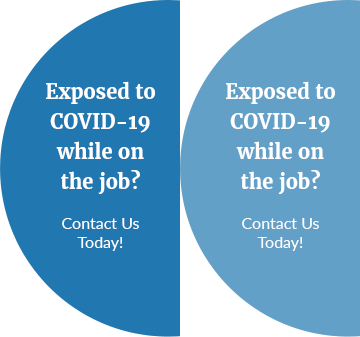Common Causes of Roundabout Accidents
Roundabouts are quickly becoming a major part of the American landscape. These types of intersections were once confined mainly to European countries, and the first ones were built in the US in the early 1990s. Today, there are thousands of roundabouts around the country, with tens of thousands more in the planning stages.
The Pennsylvania Department of Transportation (PennDOT) has fully embraced the roundabout concept. Last year, PennDOT told CBS Pittsburgh that traffic crashes have decreased by about 22% at the intersections around the state where roundabouts have been put in place.
Dozens of additional intersections in Pennsylvania are scheduled to be converted into roundabouts in the coming years. This includes a roundabout that is scheduled to be installed this year at the popular intersection of Valley Brook Road and Bebout Road near the entrance to Peterswood Park.
Although government agencies claim that roundabouts reduce the number of traffic accidents overall, this does not apply evenly across the board. Many Americans are still unfamiliar with these types of intersections, and a lot of motorists have difficulty navigating them. Icy roads in Pennsylvania and other northern states during the wintertime make things worse.
Common Reasons for Collisions at Roundabout Intersections
Accidents at roundabouts happen usually because of reckless driving, a lack of understanding of the rules for navigating a roundabout intersection, confusion, hesitation, and similar factors. The most common types of collisions that occur at roundabouts are sideswipes and rear-end crashes, and when there is heavy traffic, one collision has the potential to trigger a chain reaction/multi-vehicle accident.
Some of the main reasons that roundabout accidents occur include:
Speeding: At most roundabouts, the speed limit is no higher than 20 mph. There is a good reason why drivers need to slow down when they enter a roundabout intersection – because they need time to adjust to vehicles that are coming from the other direction.
Failure to Yield: One of the things that make roundabouts different from other types of intersections is that they serve as a continuous traffic loop without any stop signs or traffic signals. Because of this, it is up to drivers to understand when it is their turn to go and when they are supposed to yield to other vehicles. In a roundabout, drivers are supposed to yield to vehicles coming from their left, and if they try to jump in front of them, it greatly increases the chances of a collision.
Stopping Abruptly: As mentioned in the previous point, there are no stop signs inside roundabouts, which again means it is up to motorists to know when to slow down and yield to another vehicle, and when to go through the intersection. Failure to yield is one problem that can cause accidents at roundabouts, but at the other end of the spectrum, drivers might stop abruptly when it is their turn to go. This often results in rear-end collisions and could lead to multi-car crashes.
Driving in the Wrong Lane: Multi-lane roundabouts pose an additional danger when drivers find that they are in the incorrect lane in order to exit the roadway. When a driver realizes that and tries to shift lanes abruptly, they might swerve into the vehicle next to them and cause a sideswipe crash. This hazard is made worse when drivers are in an unfamiliar area and trying to navigate with a GPS while they move through the roundabout.
One thing that motorists need to be especially careful of when going through roundabout intersections is driving next to large commercial trucks. Roundabouts have a tight turning radius, and big rig trucks often have problems keeping their vehicle completely in their lane as they go around the loop.
Large trucks might also need to move from the inner lane to the outer lane in order to make their desired turn and exit the roadway. And because they have large blind spots, other drivers need to be careful to give them enough room to move over to the proper lane.
Injured in a Roundabout Accident? Contact Our Pittsburgh Auto Accident Attorneys
Roundabouts might be safer overall than other types of intersections, but they do have some inherent dangers that can lead to vehicle accidents – especially as Americans are still learning how to navigate them.
If you or a loved one got injured in a roundabout collision, you may be entitled to significant compensation. To set up a free consultation to discuss your case, call Caroselli, Beachler & Coleman, LLC today at 866-466-5789 or send us an online message. We look forward to serving you!






